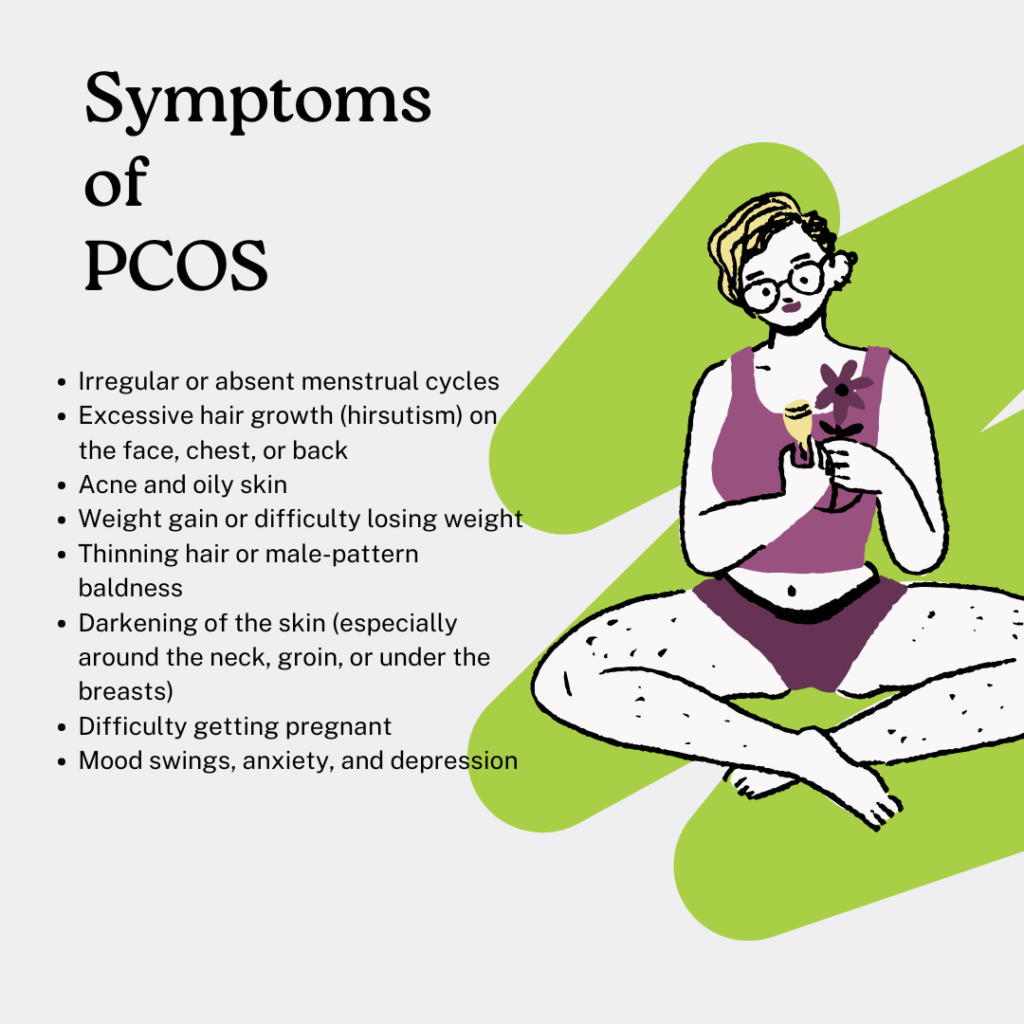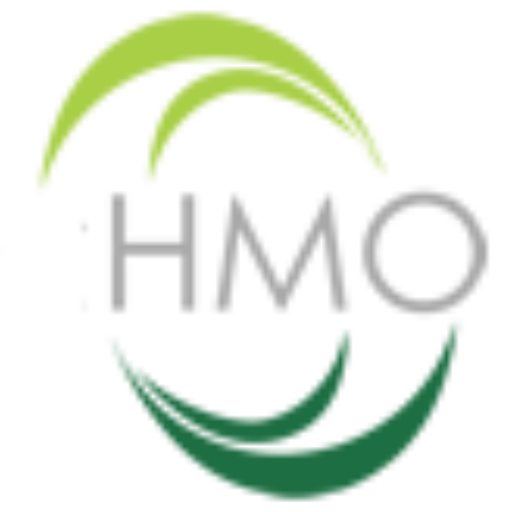Understanding PCOS: The Hidden Struggle of Nigerian Women and Why Awareness Matters
What is PCOS?
Polycystic Ovary Syndrome (PCOS) is a complex hormonal disorder that affects how a woman’s ovaries function. It’s one of the most common endocrine disorders among women of reproductive age, yet it remains vastly misunderstood—especially in Nigeria.
In PCOS, the ovaries may develop numerous small cysts and fail to regularly release eggs. However, not every woman with PCOS has cysts, and many symptoms can be subtle or mistaken for other conditions.

PCOS in Nigeria: A Silent Epidemic
Despite its global prevalence—affecting an estimated 1 in 10 women—PCOS remains underdiagnosed and poorly understood in Nigeria. Many women suffer for years with irregular periods, infertility, and unexplained symptoms before finally receiving a proper diagnosis.
Cultural stigmas, limited access to specialized care, and a general lack of awareness about reproductive health contribute to the challenges Nigerian women face in getting help for PCOS.
Causes of PCOS
While the exact cause of PCOS is unknown, several factors are known to contribute:
- Genetics: PCOS tends to run in families.
- Insulin Resistance: Many women with PCOS have cells that don’t respond normally to insulin, which leads to higher insulin levels and increased androgen production.
- Hormonal Imbalance: Elevated levels of androgens (male hormones) interfere with the development and release of eggs.
- Low-Grade Inflammation: Women with PCOS often have low-grade inflammation that stimulates polycystic ovaries to produce androgens.
Common Symptoms of PCOS
PCOS symptoms can vary from person to person. Some women experience only a few symptoms, while others struggle with many.
- Irregular or absent menstrual cycles
- Excessive hair growth (hirsutism) on the face, chest, or back
- Acne and oily skin
- Weight gain or difficulty losing weight
- Thinning hair or male-pattern baldness
- Darkening of the skin (especially around the neck, groin, or under the breasts)
- Difficulty getting pregnant
- Mood swings, anxiety, and depression
These symptoms often appear during the teenage years but may go unnoticed or unaddressed until adulthood—especially in cultures where open conversations about menstrual health are rare.

How is PCOS Diagnosed?
There’s no single test to diagnose PCOS. Instead, doctors rely on a combination of:
- Medical History & Physical Exam
Review of symptoms, weight, blood pressure, and physical signs like facial hair or acne. - Blood Tests
To check hormone levels (testosterone, insulin, LH, FSH) and rule out other conditions. - Pelvic Ultrasound
To examine the ovaries for multiple follicles and assess uterine lining thickness.
In Nigeria, many women struggle to access these services due to cost, stigma, or lack of trained professionals.
Complications of PCOS
If left untreated, PCOS can lead to a host of serious health issues:
- Infertility
- Type 2 diabetes
- High blood pressure
- High cholesterol
- Heart disease
- Endometrial cancer (due to irregular shedding of the uterine lining)
- Sleep apnea
- Mental health disorders like depression and anxiety
It’s more than just a reproductive issue—PCOS is a chronic health condition that requires long-term management.
PCOS and Infertility in Nigeria
In a country where motherhood is deeply tied to a woman’s identity and social value, infertility—often caused by untreated PCOS—can be devastating.
Women face intense pressure from families and society. Sadly, some turn to unregulated fertility treatments or spiritual alternatives out of desperation, putting their health and safety at risk.
Managing PCOS: Treatment Options
There is no cure for PCOS, but its symptoms can be managed with lifestyle changes and medical intervention.
1. Lifestyle Changes
- Healthy Diet: A low-glycemic index diet rich in fruits, vegetables, lean protein, and whole grains helps manage weight and insulin resistance.
- Exercise: Regular physical activity (30–60 minutes daily) helps with weight control, insulin levels, and mood.
- Weight Management: Losing even 5–10% of body weight can improve symptoms and regulate cycles.
2. Medications
- Birth Control Pills: To regulate periods and reduce androgen levels.
- Metformin: Improves insulin resistance and can help with weight loss and ovulation.
- Clomiphene (Clomid): For women trying to conceive.
- Anti-Androgen Medications: Reduce facial hair and acne.
3. Fertility Treatments
- Ovulation induction drugs
- In vitro fertilization (IVF), although costly and inaccessible to many in Nigeria
The Emotional Toll of PCOS
Women with PCOS often deal with low self-esteem, body image issues, and emotional burnout from chronic symptoms. Depression and anxiety are especially common, yet rarely addressed.
In Nigeria, where mental health care is still emerging, women are frequently told to “just pray” or “be strong” rather than being offered real medical and emotional support.
Why Awareness in Nigeria is Critical
We need a national conversation about PCOS, starting with:
- Health Education in Schools: Teach young girls about healthy menstrual cycles and when to seek help.
- Workplace Wellness: Employers should offer reproductive health support as part of employee benefits.
- Community Health Programs: Local clinics and NGOs can run affordable screening days and awareness campaigns.
- Media and Influencer Engagement: Normalize conversations around periods, hormones, and reproductive struggles.
Final Thoughts: The Time for Change is Now
PCOS is not just a “woman’s issue.” It is a public health concern that affects marriages, mental health, fertility rates, and economic productivity. Nigerian women deserve better access to healthcare, better information, and better support.
If you or someone you love is living with PCOS, know this: You are not alone, and there is help available.
Share this article. Start conversations. Encourage regular medical checkups. Let’s break the silence around PCOS in Nigeria—one informed woman at a time



